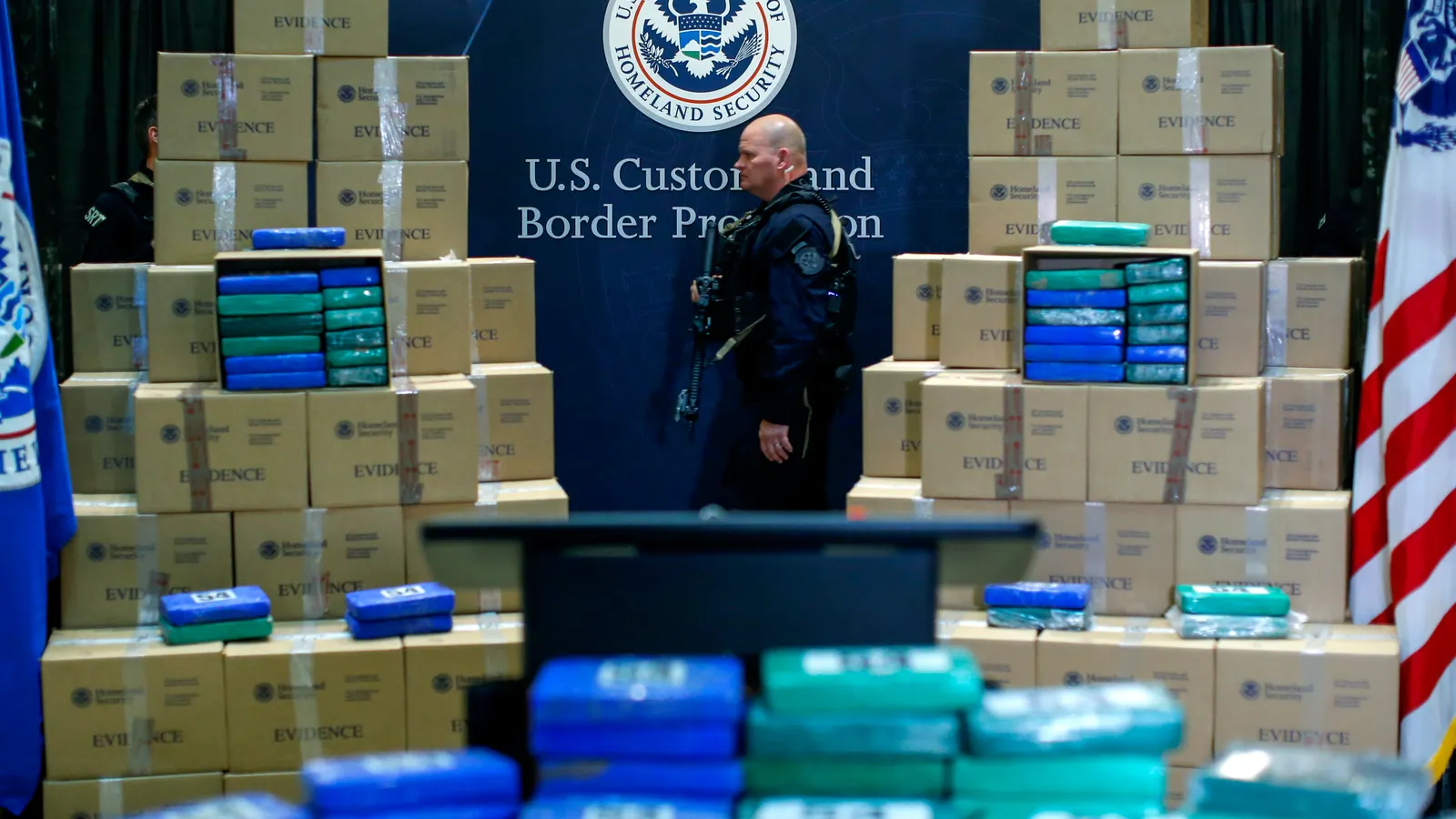The Impending End of the De Minimis Exemption
The de minimis exemption, a vital aspect of trade for many direct-to-consumer businesses, is scheduled to wrap up on August 29. This shift will bring about significant changes to how low-cost imports are handled in the U.S., marking a pivotal moment for logistics and supply chain dynamics.
What is the De Minimis Exemption?
Under the current rules, imports valued at less than $800 could enter the United States without incurring duties or taxes. This policy has significantly contributed to the surge of direct-to-consumer shipping models used by various retailers. However, with the exemption being phased out, these low-cost imports will now be subjected to all applicable duties. This will ultimately affect both businesses and consumers alike.
How Will Imports Be Affected?
As of the end of August, imports will no longer enjoy the exemption. This means that businesses utilizing these low-cost imports for their operations will have to prepare for the following changes:
- 成本增加: Businesses will face elevated costs due to duties imposed on previously exempted imports. This can affect pricing structures across various markets.
- Logistics Adjustments: Companies must revise their logistics and transport strategies to account for new duties, potentially altering sourcing decisions.
- Effect on Shipping Services: The upcoming changes may influence the services offered by logistics firms, as they anticipate increased demand for efficient customs handling of goods.
Special Considerations for Postal Packages
Interestingly, not all imports are treated equally under the new regulation. Goods sent through the international postal system will be managed differently. The duties placed on these packages may adopt one of two methods:
- Ad Valorem Duty: This approach involves assessing duties based on each package’s value and aligning tariffs with international regulations.
- Fixed Duties: For certain imports, a fixed duty ranging from $80 to $200 will be applicable, with this method available for a brief six-month period before transitioning to the ad valorem system.
Concerns Over Package Traceability
Industry experts have highlighted the challenges associated with parcel traceability, particularly in the postal channel. As noted by supply chain compliance specialists, the lack of visibility and the sheer volume of consumer-to-consumer shipments complicate the enforcement of these regulations.
Rationale Behind Ending the Exemption
Ending the de minimis exemption is framed as a necessary measure for protecting U.S. markets and ensuring safety protocols are met. The White House’s perspective indicates a need to prevent the evasion of tariffs, while also combating the influx of unsafe products. Reports suggest that a substantial percentage of cargo seizures originated from de minimis shipments, underlining the risks involved.
Health and Safety Risks
According to statements released, packages benefiting from the duty-free exemption had often evaded thorough scrutiny, making them potential threats to national and economic security. The move to eliminate this exemption is viewed as a step to enhance the overall safety of imports.
Continuing Exceptions for Individuals
Despite the significant shifts for commercial imports, U.S. residents will still enjoy some leniency when returning from travel. Individuals can bring back up to $200 worth of goods purchased abroad without facing duties, including genuine gifts under $100. This user-friendly policy ensures that personal shopping remains a viable option for travelers.
对物流的更广泛影响
This conclusion of the de minimis exemption will affect the global logistics environment significantly. Key logistics chains need to reassess their strategies to maintain competitive pricing and efficient operations amid these changes. In a world where logistics play a crucial role in our everyday experience, understanding these shifts is vital.
最终想法
No matter the upcoming regulatory changes, the pulse of the logistics and transportation industry continues to amplify. As these new policies take effect, it’s crucial for both retailers and consumers to stay informed. While the official news may outline the frameworks and rules, personal experiences and hands-on logistics will remain unparalleled. At GetTransport.com, users can effortlessly order cargo transportation globally at reasonable prices, revealing the importance of informed decisions in a time of shifting policies. Experience the convenience, affordability, and reliability offered by GetTransport.com for your upcoming transport needs. Explore and book your cargo transportation now at GetTransport.com.
Book Your Cargo Transportation Today
Staying updated with the latest developments is key, especially as the logistics landscape evolves. Whether the impact is profound or merely a ripple, these changes matter. They reflect broader trends and shifts within our global logistics network. For your next cargo transportation, consider the reliability and flexibility of GetTransport.com. Streamline your logistics and ensure all needs are met with ease – start planning today!

 The Upcoming Conclusion of the U.S. De Minimis Exemption and Its Logistics Impact">
The Upcoming Conclusion of the U.S. De Minimis Exemption and Its Logistics Impact">